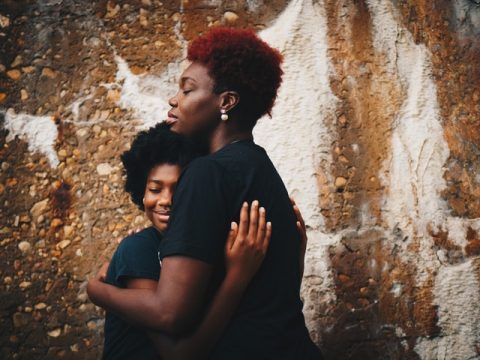Teaching Kids About Emotions

Parents want their kids to be happy and successful in life. But to raise kids who become well-rounded, emotionally healthy adults, it's important to let them experience life's emotions – both the good and the bad. Occasional disappointment, anger and sadness are normal, and kids need to learn ways to recognize and cope with those feelings when they happen. "As caregivers, it's important to build an open and accepting environment – one that teaches and talks about human emotions," says Jennifer J. Hoover, Psy.D., Pediatric Psychologist at Children's Health. Talking openly about feelings helps kids learn that their emotional health is just as important as their physical health.
Make it a habit to check in with your child about how they're feeling – and listen. This helps your child know you are there when they need to talk. Ask your kids specific questions about their school day: How were you feeling before the test? How did it make you feel to be left out of the game at recess? Be aware of how you respond when your child expresses sadness, fear or anger. For example, if your child is feeling afraid, don't say, "There's nothing to be scared of!" Instead, help label the emotion and provide comfort: "You're feeling scared. I'm here with you." Or if your child gets upset, try to avoid common reactions like, "Big kids don't cry," which may make your child feel ashamed of their feelings. Instead, try saying, I can see you're feeling sad. Do you want to talk about it?" Your acknowledgment and presence can be a huge comfort.
Kids learn how to manage their emotions by copying coping strategies they see being used by the adults around them. For some kids, talking about their feelings may help. Others may prefer to work through their emotions through journaling, exercising or listening to music. Still, others might cope best by enjoying some alone time with a book or craft supplies. Help your kids explore a range of healthy emotional coping strategies to see what works best for them.
Remember that raising kids who are equipped to handle the hard emotions helps get them ready for adulthood. Teaching kids to recognize and cope with emotions is important for their overall health and well-being, not only in childhood but throughout their lives.
